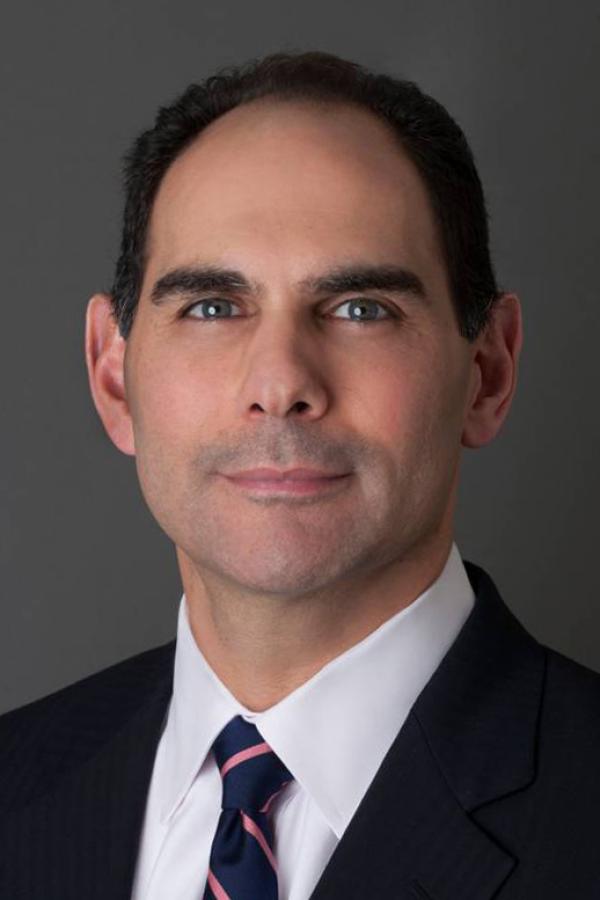By Al Otero of Armada Funds.
The manufactured housing sector has an impressive history of managing well through difficult economic and financial periods by providing a truly affordable housing proposition to an undeserved market where extensive barriers to supply exist. The industry does not push rents as aggressively as more traditional rental housing operators during really strong periods such as 2021-22 but have been successful at raising rents at a mid-single digit level consistently across varied environments. All three of the public operators we follow achieved 4Q22 revenue growth at or above 5% and met their yearend expectations as the economy slowed and financial markets reeled from rising interest rates.
Equity Lifestyle Properties (ELS) was the big winner for 4Q22 with a slight beat to earnings to finish out the year and they also provided 2023 funds from operations (FFO) guidance that was a modest “beat” to consensus expectations and implies 6% growth for this year. ELS managed to keep operating expense growth down to only 2.1% in 4Q and also put out expectations for 2023 operating expense growth which will likely be “best in class” at +7.3%. This, coupled with top line revenue growth forecasted at over 6% will drive operating income of 5-6%. All three operating segments, manufactured housing (MH), recreational vehicles (RV) and marinas come into 2023 with strong occupancy levels (north of 95%) and very solid demand. The ELS balance sheet will come into focus in 2023 for its minimal debt maturities through 2026 and 11.2 average years until maturity. The company’s board also had the confidence to raise the dividend by 9% for this year.[1]
Sun Communities (SUI) reported 4Q22 earnings which beat consensus expectation and achieved the high end of company guidance. Better than anticipated results from major operating expense line items including maintenance, real estate taxes and general and administrative expense helped drive the beat. SUI’s preliminary 2023 earnings guidance came up a little short (3.8%) of consensus expectation with a major headwind coming from operating expenses, especially property insurance for the large Florida market, along with a modestly lower outlook for the United Kingdom and ancillary income. Also, while the company’s floating rate debt exposure is just over 20%, the impact of higher interest rates will also be a drag on earnings. In spite of the expense challenges and pressure from higher interest rates, the overall business environment remains strong. MH/RV occupancy ended the at close to 97% and the company expected high single digit rent growth across all three segments, with the highest rent growth coming from the marina business, where over 90% of the portfolio has a waiting list for slip rentals.[2]
UMH Properties (UMH), the smallest of the three manufactured housing operators in our universe is also the most levered of the group and will be the most impacted if interest rates remain high in 2023. The company reported solid revenue growth in 4Q22 of 5.5%, but this result was offset by a 14.5% rise in operating expenses in the period and thus led to a slight deterioration in operating income of –0.4%. While operating earnings were flat for the quarter due to inflationary pressures on expenses and interest rate pressure on the balance sheet, there is some reason for optimism in 2023. The UMH business model is more reliant on company owned and installed housing units to attract residents and keep communities fresh and updated. Supply constraints and backlogs in home deliveries over the past 18 months have thwarted this process. Going into 2023, deliveries are expected to be normalized and this will greatly enhance the ability to stabilized existing and expanded communities.
Footnotes:
[1] Equity Lifestyle Properties: 4Q22 Financials and Webcast
[2] Sun Communities: 4Q22 Financials and Webcast
[3] UMH Properties: 4Q22 Financials and Webcast
About the Author:
Al Otero joined the Sub-Adviser in February 2022. Until January 31, 2021, Mr. Otero served as a REIT Portfolio Manager at EII Capital Management (EII). He originally joined EII in 1996 as a research analyst on the U.S. REIT investment team and became head of the U.S. REIT business in 2004 with responsibility for all U.S. dedicated investment strategies.
Mr. Otero became a co-portfolio manager for all global-listed property strategies in 2008 and held that role through 2017 when he became an advisor to EII. He rejoined the firm on a full-time basis in 2019 and worked closely with other portfolio managers and EII’s investment committee to shape portfolio strategy and construction. From 1992 until 1996, he served as a Vice-President of Investments for Mutual of America Capital Management Corp., based in New York, where he was responsible for debt and equity real estate investments, venture capital, and the firm’s inaugural entrance into the equity REIT market.

Mr. Otero is a graduate of the University of Notre Dame with an MBA (1992) and a BBA (1989) in Finance.




